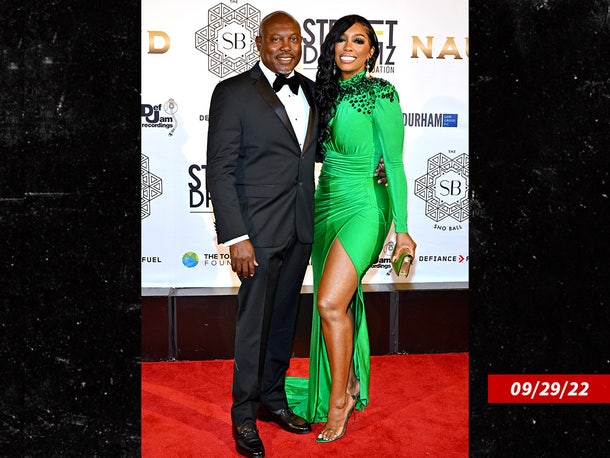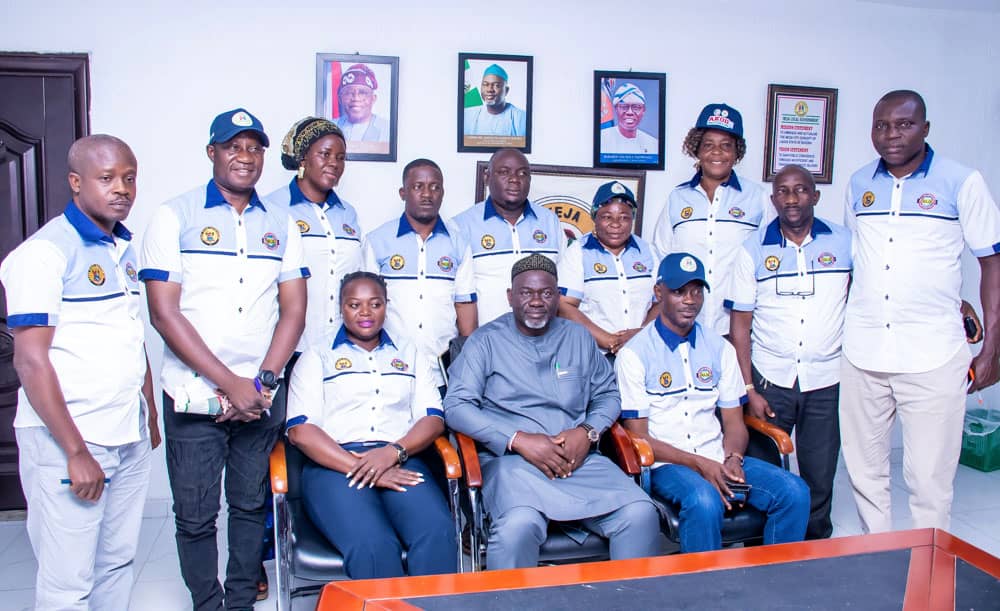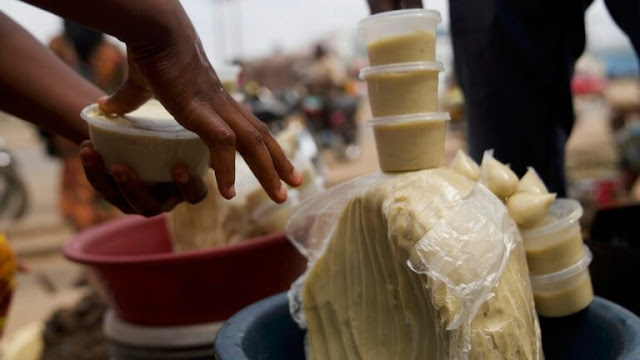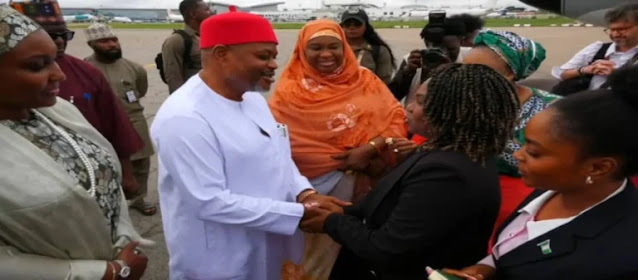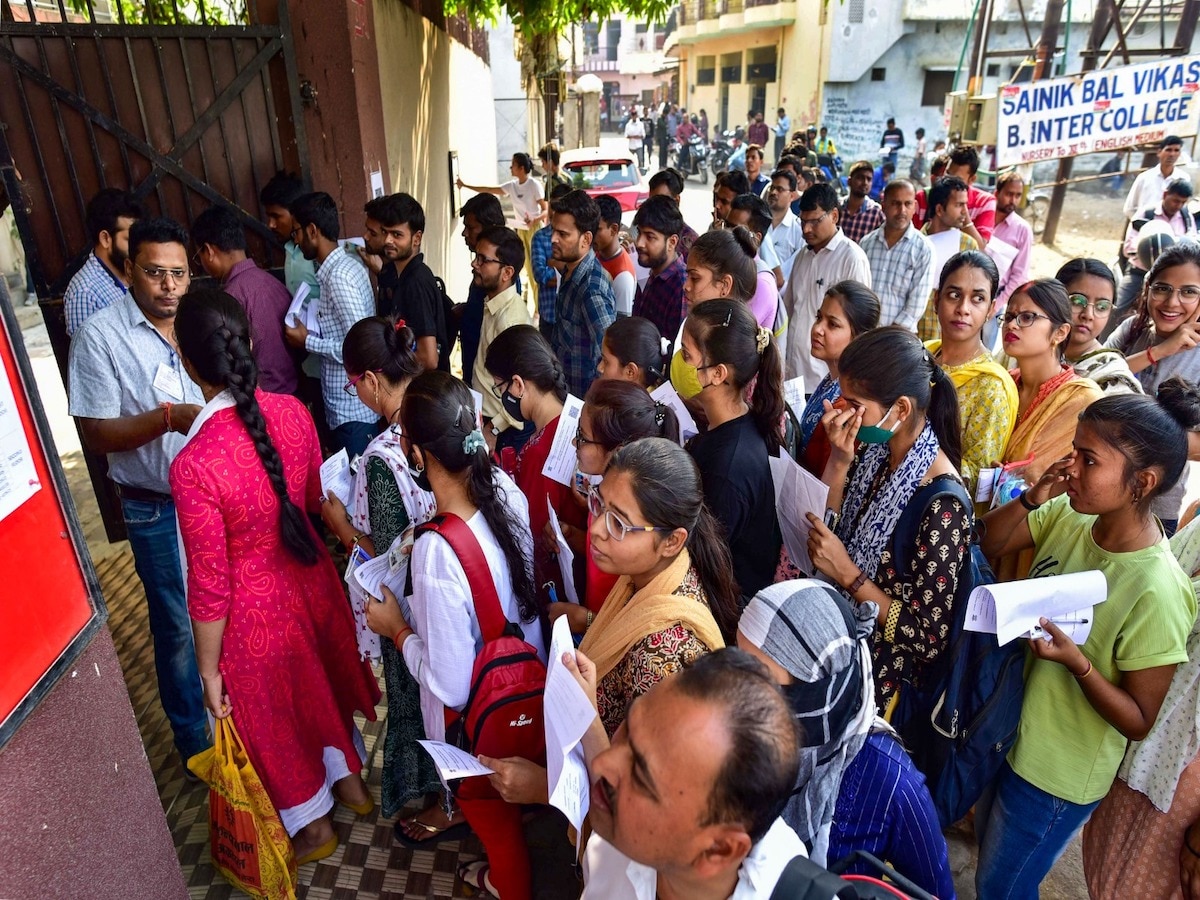On August 30, 2025, reality TV star Porsha Williams escalated her ongoing legal battle with ex-husband Simon Guobadia, accusing him of failing to comply with court-ordered financial obligations totaling nearly $700,000. The allegations, detailed in legal documents filed in a Georgia court, claim that Guobadia has neglected payments related to their marital residence, alimony, attorney’s fees, and property taxes, amounting to $667,359.55. Williams, known for her role on The Real Housewives of Atlanta, has asked the court to hold Guobadia in contempt, alleging that his noncompliance reflects “a knowing, intentional, and ongoing disregard for this Court’s authority and the Final Judgment it issued.” In response, Guobadia dismissed the filings as irrelevant, citing an ongoing appeal at the Georgia Court of Appeals and comparing the legal documents to “toilet tissue” in a statement to TMZ. This latest development marks another chapter in the contentious, high-profile divorce that has captivated public attention since the couple’s split in June 2024, less than two years after their lavish 2022 wedding.
Background of the Dispute
Porsha Williams and Simon Guobadia’s relationship, which began with a whirlwind romance and culminated in a highly publicized marriage, has been a focal point of media scrutiny. The couple tied the knot in November 2022, with two ceremonies—a traditional Nigerian wedding and an American-style celebration—attended by family, friends, and fellow reality TV personalities. Their union was initially portrayed as a fairy-tale romance, with Williams, a beloved figure in reality television, and Guobadia, a successful entrepreneur and film producer, appearing to complement each other’s high-profile lifestyles. However, cracks in their relationship emerged less than two years later, leading Williams to file for divorce in February 2024.
The divorce filing came shortly after Guobadia was detained by US Immigration and Customs Enforcement (ICE), an event that sparked widespread speculation about the reasons behind the split. Williams was quick to clarify that the decision to end the marriage was unrelated to Guobadia’s immigration issues, stating in a public announcement that her focus was on moving forward with her family, particularly her daughter, Pilar Jhena McKinley, from a previous relationship. The divorce was finalized in June 2024, but the financial and legal disputes that followed have kept the couple in the headlines.
The current legal battle centers on the terms of the divorce settlement, which outlined specific financial obligations for Guobadia. According to Williams, these obligations included payments for the upkeep of their former marital home, alimony to support her post-divorce lifestyle, attorney’s fees incurred during the legal proceedings, and property taxes associated with their shared assets. The legal documents allege that Guobadia has failed to meet these commitments, resulting in a substantial outstanding balance of $667,359.55. Williams’ filing paints a picture of deliberate noncompliance, accusing Guobadia of disregarding the court’s authority and the terms of the final judgment.
Details of Williams’ Allegations
The legal documents filed by Williams provide a detailed breakdown of the alleged financial delinquencies. The marital residence, a luxurious property that served as a backdrop for the couple’s high-profile lifestyle, is a central point of contention. Williams claims that Guobadia has failed to make required payments for expenses related to the upkeep of the home, which may include mortgage payments, maintenance costs, and other associated fees. These expenses were reportedly part of the divorce agreement, intended to ensure that the property remained financially viable during the transition period following the couple’s separation.
In addition to the residence expenses, Williams alleges that Guobadia has fallen behind on alimony payments, which were intended to provide her with financial support following the dissolution of their marriage. Alimony, a common feature in high-net-worth divorces, is designed to address disparities in earning potential and lifestyle between former spouses. Given Williams’ status as a reality TV star and entrepreneur, with ventures such as her beauty and lifestyle brands, the alimony payments were likely intended to maintain her standard of living post-divorce. The failure to make these payments, according to Williams, has caused significant financial strain.
The legal filings also highlight unpaid attorney’s fees, which Williams claims Guobadia was ordered to cover as part of the divorce settlement. Legal battles of this magnitude, particularly those involving high-profile figures, often incur substantial costs, and the court’s decision to assign these fees to Guobadia suggests that he was deemed financially responsible for certain aspects of the proceedings. Finally, the property tax obligations cited in the documents point to additional financial responsibilities tied to the couple’s shared assets, further compounding the alleged debt.
Williams’ request to hold Guobadia in contempt underscores the severity of her allegations. Contempt of court is a serious charge, typically reserved for cases where a party is believed to have willfully defied a court order. By accusing Guobadia of “knowing, intentional, and ongoing disregard” for the court’s authority, Williams is signaling that she believes his noncompliance is not a mere oversight but a deliberate attempt to evade his obligations. To resolve the dispute, she has proposed an alternative solution: that Guobadia relinquish his share of equity in their former marital home to settle the outstanding debt. This suggestion reflects the significant value of the property and its potential to offset the financial claims at the heart of the dispute.
Guobadia’s Response and Legal Strategy
Simon Guobadia, through a statement to TMZ, has dismissed Williams’ latest filings as inconsequential, arguing that the divorce case is currently under review at the Georgia Court of Appeals. Guobadia claims he was unaware of the new filings until they were reported by the media, suggesting a lack of direct communication between the parties or their legal teams. His assertion that the case is under appeal indicates that he is challenging the original divorce judgment, which may include the financial obligations outlined in Williams’ filings. By describing the new documents as “tantamount to toilet tissue for the public’s consumption,” Guobadia is not only dismissing their legal weight but also framing the dispute as a public spectacle driven by media attention rather than substantive legal merit.
The appeal process at the Georgia Court of Appeals could significantly impact the outcome of the dispute. If Guobadia’s appeal is successful, it could lead to a revision of the divorce settlement, potentially altering the financial obligations at the center of Williams’ claims. However, the appeals process can be lengthy and complex, and until a ruling is issued, the original court order remains in effect. Guobadia’s dismissive tone suggests confidence in his legal strategy, but it also risks escalating tensions with Williams, who has taken a proactive approach in seeking judicial intervention.
Guobadia’s detention by ICE in February 2024 adds another layer of complexity to the dispute. While Williams has stated that the divorce was unrelated to his immigration issues, the timing of the filing—shortly after his detention—has fueled speculation about underlying tensions in their relationship. Guobadia, a Nigerian-born entrepreneur with investments in real estate, hospitality, and film production, has faced scrutiny over his immigration status, but details remain limited. The lack of further comment from Guobadia on the financial dispute suggests he is relying on his legal team to handle the matter while avoiding additional public statements that could complicate his appeal.
The High-Profile Nature of the Divorce
The dispute between Williams and Guobadia is not just a legal matter but a cultural phenomenon, given their prominence in the entertainment and business worlds. Porsha Williams, 44, rose to fame as a cast member on The Real Housewives of Atlanta, where her personal life, including her relationships, has been a central storyline. Her marriage to Guobadia was documented on the show, with viewers following the couple’s journey from engagement to their lavish wedding celebrations. The subsequent divorce and financial dispute have kept the couple in the public eye, with fans and media outlets closely following every development.
The high-profile nature of the case is amplified by the couple’s wealth and lifestyle. Their marital home, reportedly a multimillion-dollar property in Atlanta, symbolizes the opulence that defined their relationship. The suggestion that Guobadia relinquish his equity in the home to settle the debt underscores its value and centrality to the dispute. For Williams, the home represents not only a financial asset but also a personal space tied to her identity as a mother and public figure. The outcome of the dispute could have significant implications for her financial stability and public image.
Guobadia, 61, is a well-known figure in Atlanta’s business community, with a portfolio that includes restaurants, real estate, and film production. His entrepreneurial success and high-profile marriage to Williams made him a recognizable name in entertainment circles, but his legal troubles, including the ICE detention and now the financial dispute, have cast a shadow over his reputation. The public nature of the divorce, combined with the media attention surrounding Williams’ reality TV career, ensures that the case will continue to generate headlines.
Broader Implications and Public Reaction
The dispute has sparked widespread discussion, particularly among fans of The Real Housewives of Atlanta and those following celebrity divorces. Social media platforms, including X, have been abuzz with reactions, with some users supporting Williams’ pursuit of the owed funds and others questioning the timing and motivations behind her filings. The case highlights broader issues in high-profile divorces, including the complexities of dividing assets, enforcing court orders, and navigating public scrutiny.
For Williams, the legal battle is about more than just money—it’s about holding her ex-husband accountable and protecting her financial future. Her decision to pursue contempt charges reflects a determination to enforce the court’s judgment, even at the risk of further public conflict. For Guobadia, the appeal offers a chance to challenge the terms of Methods were not able to be applied to this input.


